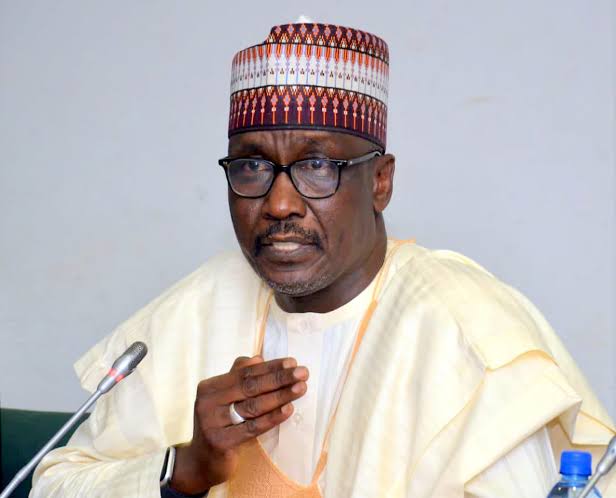Mele Kyari, group chief executive officer (CEO), Nigerian National Petroleum Company (NNPC) Limited, says the country’s oil production volume is close to 1.7 million barrels per day (bpd).
Kyari spoke in Lagos at the weekend at a stakeholders’ engagement between the Nigerian Association of Petroleum Explorationists (NAPE) and the NNPC.
On May 14, the Organisation of Petroleum Exporting Countries (OPEC) said Nigeria’s average daily crude oil production rose to 1.28 million bpd in April.
According to Kyari, Nigeria has the potential to produce two million barrels per day, but “it is not possible today.”
He said this is due to oil theft and pipeline vandalism in the Niger Delta region.
“The good news is, there is substantial work being done by the government, and I’m not going to speak about it. But I know that this will come to pass. It’s already subsiding. We are already seeing the results,” he said.
“As of today’s data, we are inching to 1.7 mbpd. Should we celebrate this? No, and I can tell you why. On April 17, 2020, our production, without doing anything, without drilling new wells, shot up to 2.2 mbpd.”
“We should be able to take control of this infrastructure. We are doing a lot of things. I am very sure things are changing, and that is why we are seeing the new value that is coming to the table. Production will improve,” he said.
Kyari said there is a need to fight insecurity in the oil and gas sector to increase output.
“How do you increase oil production? Remove the security challenge we have with our onshore assets. As we all know, the security challenge is real. It is not just about theft, it is about the availability of the infrastructure to deliver the volume to the market.
“No one is going to put money into oil production when he knows the production will not get to the market. Within the last two years, we removed over 5,800 illegal connections from our pipelines.”
He said the company took down over 600 illegal refineries. “You simply cannot get people to spend money until you solve that problem,” Kyari said.
Due to pipeline vandalism, he said everyone resorted to barging, with some spending $21 to transport a barrel of oil to the terminals.
“Barging is not normal. Barging is not economical, not even trucking. In 1991, we didn’t think of barging, even putting oil on the trucks. But that’s what we are doing today,” he said.
AKK GAS PIPELINE TO BE COMPLETED IN SECOND QUARTER
Kyari said the Ajaokuta-Kaduna-Kano (AKK) gas pipeline is a critical component in the topic of creating the infrastructure required to ensure gas supply.
Kyari said that this would be completed by the end of May or June, allowing gas to flow from east to west.
On April 24, 2023, Kyari said $1.1 billion had been released to finance the AKK gas pipeline project.
The construction of the 614 kilometre (km) AKK pipeline project was flagged off simultaneously in Kogi and Kaduna states by former President Muhammadu Buhari in 2020, to encourage gas utilisation and serve as a springboard for the nation’s industrialisation.
The pipeline — a section of the Trans-Nigeria gas pipeline (TNGP) — is designed to originate from the Ajaokuta terminal gas station (TGS) in Kogi, pass through Niger, Abuja, Kaduna, and terminate in Kano.
The project was initially scheduled for completion in the first quarter of 2023.






